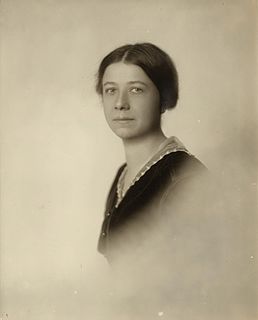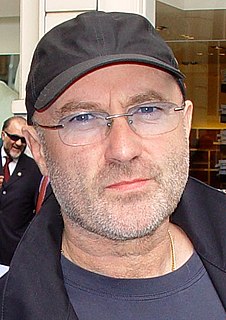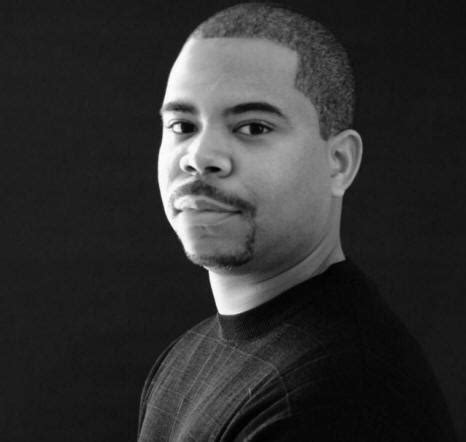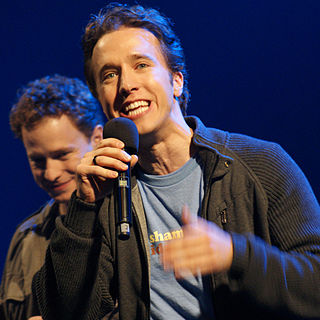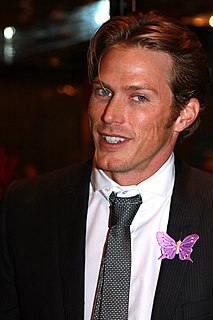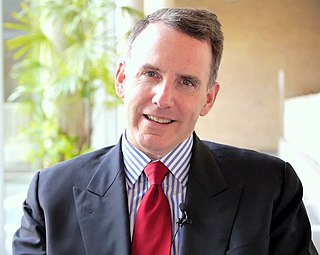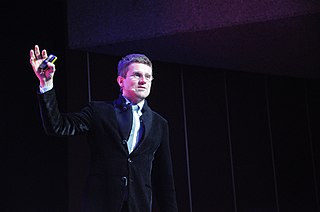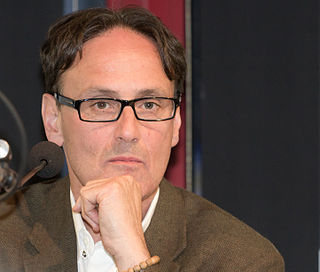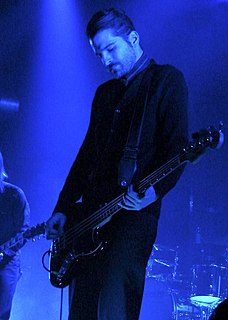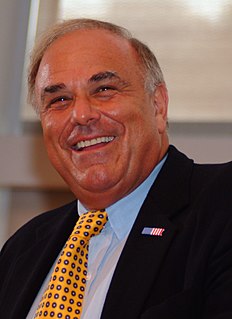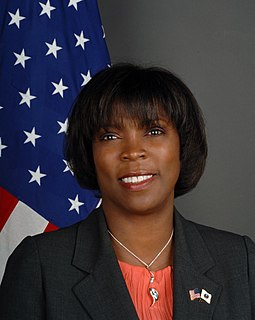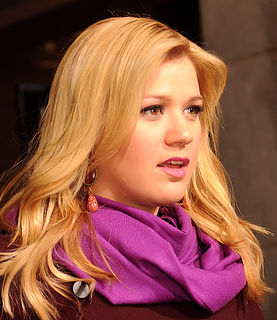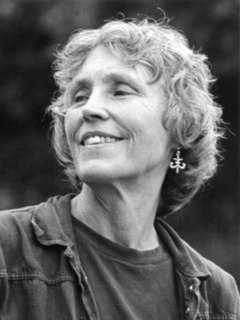Top 1063 Urban Sprawl Quotes & Sayings - Page 14
Explore popular Urban Sprawl quotes.
Last updated on November 20, 2024.
To ignore [the] great social facts -- political facts, if you please -- and over-emphasize the old moral responsibility of the 'domestic' mother is a hollow mockery and betrays a hopeless ignorance of industrial and urban conditions in the Twentieth Century. ... Everything that counts in the common life is political.
Someone sent me an article on AI that was written by Tim Urban on the website Wait but Why - that was kind of where I stuck my toes in the puddle, and I said, 'OK, I've gotta learn about this!' I felt like this is one of those things that our generation is going to have to answer for, eventually, and I just wanted to educate myself on it.
As I started to pursue the subject more deeply I realized that walking was this wonderful meandering path through everything I was already interested in - gender politics, public space and urban life, demonstrations and parades and marches. The relationship between walking and thinking and between the mind and the body.
In the We Connectivity Hub, three global classrooms fitted with Skype technology from Microsoft will bring workshops, leadership training and mentorship to the most remote and unreachable rural communities in Canada - especially Indigenous communities - without having to fly thousands of kilometres to an urban centre.
One of the great ironies is that the impact of the flattening world has not been to empower decentralized rural land, but to strengthen the cities in China and India and elsewhere that are gateways between those countries and the West. It's deeply wise for the Chinese to be pro-urban in terms of development. They're creating space for ideas and human capital to be developed.
To Mahatma Gandhi, the key to India's progress was the development of its villages. In his unified vision, education, agriculture, village industry, social reform all came together to provide the basis for a vibrant rural society free from exploitation and linked to the urban centres as equals. Our planning incorporates this basic insight.
'Love, Death and the Changing of the Seasons' is a kind of novel in verse about the arc of an urban lesbian love affair - and I suppose there is a certain amount of voyeurism in the consumption of fiction! The 'Sancerre' poems here are more contemplative and about the relationship of the individual to local and wider histories.
From drought-parched Brazil to the increasingly ice-free Arctic Ocean, from the rising seas along the Florida coast to the punishing heat waves hitting South Asia, in communities large and small, rich and poor, urban and remote, we can see the irrefutable evidence of what science has long told us was coming.
Cities originally surrounded by a wall can produce an urban population cut off from the surrounding fields and from agriculture altogether. At the same time, the greenbelt laws eliminate the possibility of the unchecked expansion of a city into a monstrous megalopolis. If there is a need for additional homes, a new city must be established.
Benedict (Cumberbatch, who is playing Sherlock) looks amazing. He's still got a Sherlockian silhouette, with a large overcoat, but in a classic cut. Watson dresses with an urban elegance, a touch of old school dashing, giving a feeling of both the military and medical profession. I suppose it's something they have in common as well. They're a bit metrosexual.
If you listen to the urban speech patterns there you'll find it's quite characteristic that a sentence will begin in one language, go through a second language and end in a third. It's the very playful, very natural result of juggling languages. You are always reaching for the most appropriate phrase.
I can only wonder what astronauts must feel like or something like that when you're really in the space of silence and you are feeling and breathing in a way that you're really aware of your muscle and bone and the breath and the body and the movement and all of those things that just you take for granted in the urban landscape.
The majority of small-holder farmers in Africa are women and, in urban areas, you're primarily looking at women-led households. So we can't solve hunger if we don't have gender-sensitive programming that addresses access to opportunities for women, whether it's through education or tools for cooking, like solar-powered stoves.
While a physical barrier can be effective in urban areas, each sector of the border faces unique geographical, cultural and technological challenges that would be best addressed with a flexible, sector-by-sector approach that empowers the Border Patrol agents on the ground with the resources they need.
People don't know where they stand and what they're going to lose, and that makes things uncertain. The political parties try to meld people together, but then that becomes a problem. There are parallels here, to American cities, which, in the '80s, with massive rural to urban migration, saw incredible amounts of violence.
Being materialistic is part of the hip-hop community's nature, because jazz and blues and rock 'n' roll, when they started out in the urban communities, were about the American Dream, and the lack of opportunity in that structure. So they talked about everything - uplifting and getting what is perceived as success in America.
Like most citizens of popular and international urban centres, I don't take advantage of the cultural opportunities. Perhaps this comes from growing up in suburbia. Home is where you eat, sleep, read, watch television and ignore your parents. It is not where you go to the ballet and then attend a heated panel discussion about it afterwards.
All over the world, social innovation is tackling some of the most pressing problems facing society today - from fair trade, distance learning, hospices, urban farming and waste reduction to restorative justice and zero-carbon housing. But most of these are growing despite, not because of, help from governments.
The collapse of the Tower of Babel is perhaps the central urban myth. It is certainly the most disquieting. In Babylon, the great city that fascinated and horrified the Biblical writers, people of different races and languages, drawn together in pursuit of wealth, tried for the first time to live together - and failed.
It's quite possible we may actually be looking at some kind of super-sanity here. A brilliant new modification of human perception, more suited to urban life at the end of the twentieth century...He creates himself each day. He sees himself as the lord of misrule and the world as a theatre of the absurd.
One of my unsung heroes is Erich Mendelsohn. I met him when I was a student and he was a cranky old man and very unpleasant. But if you go to his Einstein Tower in Potsdam, Germany you see an enormous intellect at work with a language that was personal and new. It has a sense of urban design and of theater and procession I hadn't seen before.
Urban people, of course, are terribly scared nowadays. They may yearn for society, but it is risky to go around talking to strangers, for a lot of reasons, one being that people are so accustomed not to have many human contacts that they are afraid they may find out they really prefer life that way.
For complicated historical and political reasons, we associate 'poor' in our public consciousness with 'black.' Terms such as 'welfare queen' and 'culture of poverty' became associated uniquely with the social maladies of African Americans in urban ghettos, despite the fact that poor whites outnumbered poor blacks.
